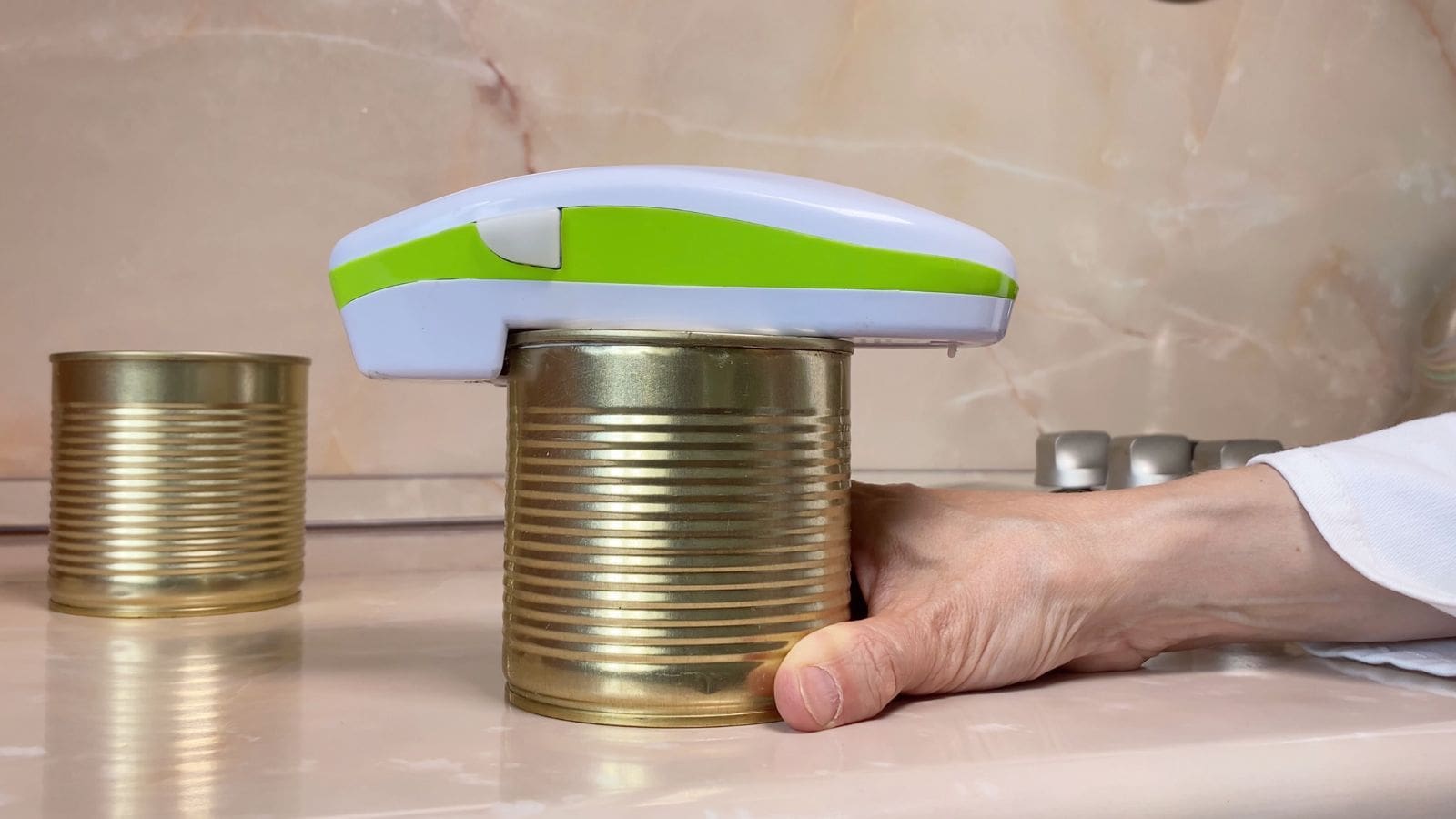Growing up in a lower middle-class household meant learning how to make the most of what you had. You never went without, but you also had to get creative, find workarounds, and stretch every dollar as far as you could. There was no denying that life came with its challenges, but it also taught you how to appreciate the small things.
In this post we’ll look at 20 things you would know about if you were brought up lower middle-class.
Saving and Reusing Everything

Nothing was ever wasted when you were growing up. Butter tubs, yogurt containers, and spaghetti jars all had second lives as storage containers or craft supplies. Wrapping paper was carefully folded and saved, aluminum foil was wiped down and reused, and even bread bags found their way into everyday use.
It wasn’t about being trendy or eco-conscious, it was about getting the most out of what you had.
Waiting for Discounts and Sales

Growing up, paying full price was almost unheard of. If it wasn’t on sale or in the clearance section, chances were you weren’t going to get it. Back-to-school shopping always meant hunting for deals, and buying anything “new” often involved waiting for seasonal markdowns.
Fixing Instead of Replacing

Throwing something away wasn’t the first option. If something broke, it went through an unofficial triage process of whether it could be glued, taped, stitched, or patched back together. This “fix-it” mentality taught you to value what you had and to get creative when money was tight.
As an adult, you probably still find yourself repairing items instead of tossing them, whether it’s a pair of shoes, a piece of furniture, or an old household gadget. It’s a skill that’s practical and surprisingly satisfying.
Sharing Was the Norm

In a lower middle-class household, sharing wasn’t just a nice idea; it was a necessity. Leftover food was divided up evenly, clothing was passed down between siblings, and toys were shared regardless of who they technically belonged to. If there was one piece of cake left, you didn’t take it for yourself, you split it into smaller portions so everyone could have a bite.
Making Do With What You Had

Getting creative with what you had was a cornerstone of growing up lower middle-class. You didn’t always get to choose exactly what you wanted, but you learned how to make what you had work for you. Dinner might have meant throwing together whatever was in the pantry, and school projects often involved finding materials around the house instead of buying something new.
Grocery Lists Were Sacred

Food shopping wasn’t a casual activity but rather a carefully planned mission. Grocery lists were detailed, and nothing made it into the cart unless it was part of the week’s plan. Impulse buys were rare, and treats like snacks or desserts were only added if there was room in the budget.
Hand-Me-Downs Were a Fact of Life

If you had siblings or cousins, hand-me-downs were a constant. Clothes, toys, furniture, and even bikes were passed along from one person to the next, often patched up or altered to fit. New items were a rare luxury, and wearing something secondhand was just the norm.
As a kid, you might have felt a little envious of classmates who always had the latest styles, but as an adult, you probably appreciate the practicality of reusing and recycling.
Big Purchases Took Time

In a lower middle-class household, big purchases weren’t made on a whim. Saving up for a new appliance, a family vacation, or even a pair of shoes took careful planning and patience. You might remember your parents putting money aside little by little or waiting for a special occasion to justify the expense.
This taught you the value of delayed gratification and the importance of budgeting for the things you want.
Meals Were Simple, But Always Enough

Dinner wasn’t fancy, but it always filled you up. Growing up lower middle-class meant learning to appreciate meals that were quick, easy, and made with whatever was on hand. Spaghetti with jarred sauce, casseroles made from pantry staples, and creative uses of leftovers were regular features at the dinner table.
Family Vacations Were Road Trips

If your family took trips, chances are they involved a packed car, a cooler full of sandwiches, and a budget-friendly road trip to a nearby destination. Motels with free breakfast or staying with relatives were part of the experience, and you probably remember squeezing into one room with the whole family to save money.
Activities were simple too, and involved picnics at state parks, free museum days, or afternoons at the beach instead of pricey amusement parks.
Birthdays Were About Creativity, Not Extravagance

Birthdays growing up weren’t about expensive gifts or big parties, but about making the most of what you had. A homemade cake, simple decorations, and a few small presents made the day feel special without breaking the bank. If you had a party, it might have been at home or in a park, with games like pin-the-tail on the donkey or musical chairs to keep everyone entertained.
Clothes Were Bought to Last

Your parents likely prioritized quality over quantity, buying sturdy shoes or jackets that could survive wear and tear. Back-to-school shopping meant stocking up on the essentials, with just a few “fun” items thrown in if the budget allowed. If something got torn or stained, it wasn’t thrown out, it was fixed, patched, or repurposed.
Coupons Were a Lifesaver

Clipping coupons wasn’t just a hobby, it was a way of life, and your parents likely had a designated spot in the kitchen or living room where they kept a stack of coupons for groceries, household items, or back-to-school supplies.
Sunday mornings might have involved flipping through the newspaper to find deals or planning a shopping trip around what was discounted. You probably grew up hearing phrases like, “It’s not on sale, so we’ll wait,” or “I have a coupon for that.”
DIY Was the Default

If something needed to be done, the first question was always, “Can we do it ourselves?” Hiring professionals for repairs or services wasn’t always an option, so your family got creative. Painting a room, fixing a leaky faucet, or even building your own furniture became family projects. Watching your parents figure things out taught you resourcefulness and problem-solving skills.
Libraries Were the Source of Entertainment

Library visits were a regular outing, especially during summer vacations, when buying new books or renting movies wasn’t in the budget. You might remember the joy of filling up your library card with as many items as you could carry. Even now, you probably see libraries as a valuable resource, using them to borrow books, access free services, or just enjoy the peace and quiet they provide.
Holidays Were About Togetherness

Homemade ornaments, hand-me-down decorations, and DIY crafts made the house feel festive without spending much money. Gifts were thoughtful but practical, often things you needed rather than luxuries. Christmas mornings might have included a few small surprises, but the focus was always on spending time together, eating a big meal, and appreciating what you had.
You might find that you still value the togetherness of the holidays more than the material side, finding joy in the simple traditions that bring people closer.
Eating Out Was a Rare Treat

Going out to eat wasn’t something you did regularly. Fast food, diners, or chain restaurants were special occasions, like a birthday or a reward for good grades. When your family did eat out, everyone was conscious of the budget, maybe splitting meals, skipping dessert, or drinking water instead of soda to save a few dollars. It made those outings feel special and exciting because they didn’t happen often.
Hand-Me-Down Electronics Were Normal

When your family finally got a new TV, computer, or phone, the older ones were passed down to you or your siblings. Even if it was outdated or slow, it felt like a win to have something “new” to call your own. You learned to appreciate the hand-me-downs and make them work, whether that meant waiting forever for a webpage to load or playing older video games instead of the newest releases.
Birthday and Holiday Cards Were Reused

If you received a birthday or holiday card, it wasn’t unusual to see it repurposed in some way. Maybe it became a decoration on the fridge, or the back of it was turned into a notecard. Cards weren’t just tossed out; they were cherished and given new life, especially the ones that were particularly meaningful or beautiful.
Vacations Meant Staying With Family

Family vacations often doubled as visits to relatives. Staying with grandparents, cousins, or aunts and uncles saved money on lodging and allowed for meaningful bonding time. These trips weren’t about sightseeing or luxury, they were about spending time with loved ones and creating memories together.
